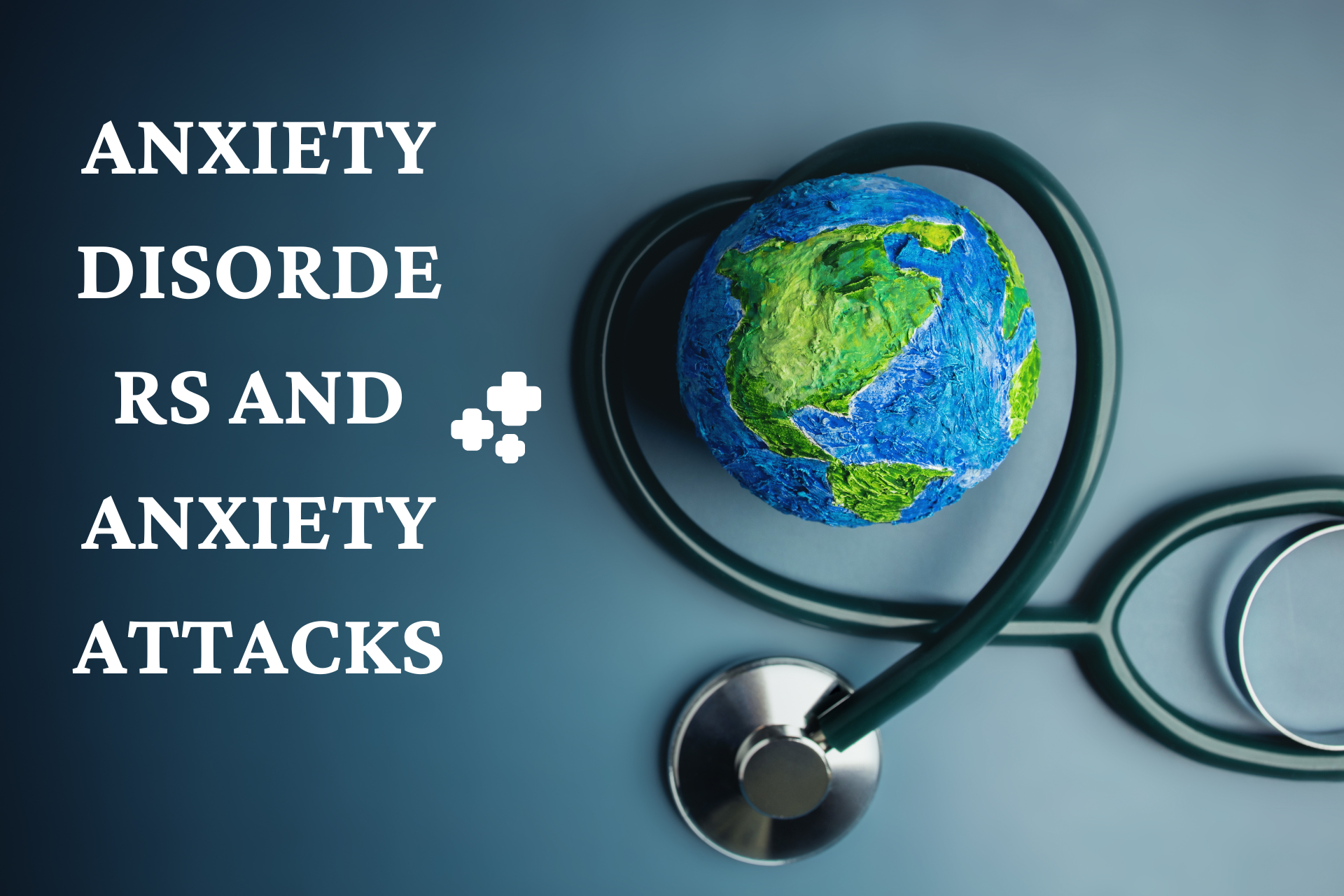Do you struggle with anxiety? Here’s how to recognize the signs, symptoms—and find the relief you need.
What is Anxiety?
Anxiety is a normal reaction to danger, the body’s automatic fight-or-flight response that is triggered when you feel threatened, under pressure, or are facing a challenging situation, such as a job interview, exam, or first date. In moderation, anxiety isn’t necessarily a bad thing. It can help you to stay alert and focused, spur you to action, and motivate you to solve problems. But when anxiety is constant or overwhelming—when worries and fears interfere with your relationships and daily life—you’ve likely crossed the line from normal anxiety into the territory of an anxiety disorder. Since anxiety disorders are a group of related conditions rather than a single disorder, symptoms may vary from person to person. One individual may suffer from intense anxiety attacks that strike without warning, while another gets panicky at the thought of mingling at a party. Someone else may struggle with a disabling fear of driving, or uncontrollable, intrusive thoughts. Yet another may live in a constant state of tension, worrying about anything and everything. But despite their different forms, all anxiety disorders illicit an intense fear or worry out of proportion to the situation at hand. While having an anxiety disorder can be disabling, preventing you from living the life you want, it’s important to know that you’re not alone. Anxiety disorders are among the most common mental health issues—and are highly treatable. Once you understand your anxiety disorder, there are steps you can take to reduce the symptoms and regain control of your life.
Do I have an Anxiety Disorder?
If you identify with any of the following seven signs and symptoms, and they just won’t go away, you may be suffering from an anxiety disorder: Are you constantly tense, worried, or on edge? Does your anxiety interfere with your work, school, or family responsibilities? Are you plagued by fears that you know are irrational, but can’t shake? Do you believe that something bad will happen if certain things aren’t done a certain way? Do you avoid everyday situations or activities because they cause you anxiety? Do you experience sudden, unexpected attacks of heart-pounding panic? Do you feel like danger and catastrophe are around every corner? Signs and symptoms of anxiety disorders In addition to the primary symptom of excessive and irrational fear and worry, other common emotional symptoms include: Feelings of apprehension or dread. Watching for signs of danger. Anticipating the worst. Trouble concentrating. Feeling tense and jumpy. Irritability. Feeling like your mind’s gone blank.
What is an anxiety attack?
Anxiety attacks, also known as panic attacks, are episodes of intense panic or fear. They usually occur suddenly and without warning. Sometimes there’s an obvious trigger—getting stuck in an elevator, for example, or thinking about the big speech you have to give—but in other cases, the attacks come out of the blue.
Anxiety attack symptoms include:
Surge of overwhelming panic. Feeling of losing control or going crazy. Heart palpitations or chest pain. Feeling like you’re going to pass out. Trouble breathing or choking sensation. Hyperventilation. Hot flashes or chills. Trembling or shaking. Nausea or stomach cramps. Feeling detached or unreal.
Self-help for anxiety
Not everyone who worries a lot has an anxiety disorder. You may feel anxious because of an overly demanding schedule, lack of exercise or sleep, pressure at home or work, or even from too much caffeine. The bottom line is that if your lifestyle is unhealthy and stressful, you’re more likely to feel anxious—whether or not you actually have an anxiety disorder. These tips can help to lower anxiety and manage symptoms of a disorder: Connect with others Manage stress Practice relaxation techniques Exercise regularly Get enough sleep Be smart about caffeine, alcohol, and nicotine Put a stop to chronic worrying
Medication
If you have anxiety that’s severe enough to interfere with your ability to function, medication may help relieve some symptoms. However, anxiety medications can be habit forming and cause unwanted or even dangerous side effects, so be sure to research your options carefully. Usually we provide the best quality of medications for ANXIETY so you will not have to worry to think much about it you can even chat with us we’ll let you know the benefits of the anxiety medication we have if you have any question regarding taking medication for anxiety you can directly contact us and we’ll help you surely for it.

